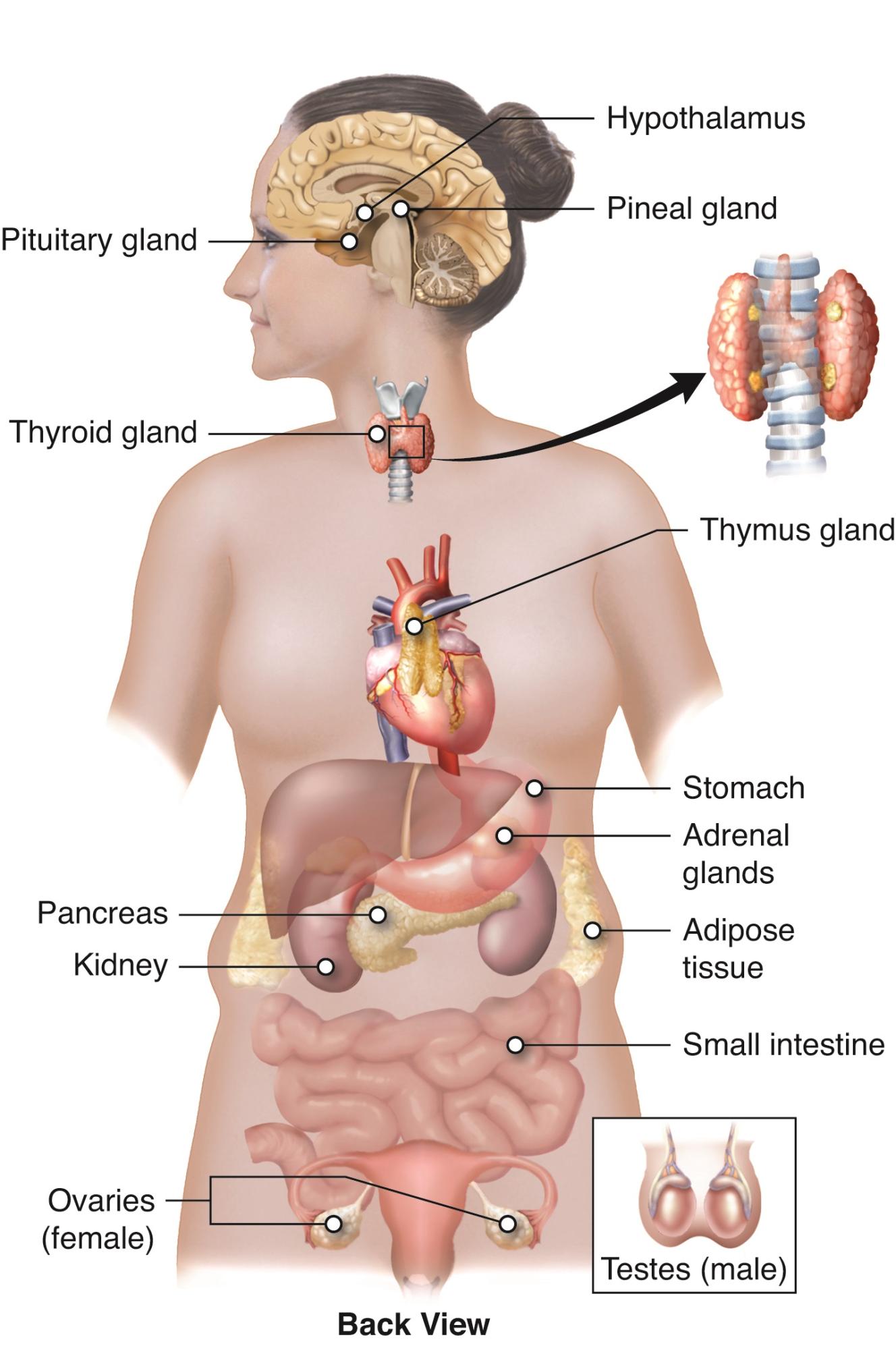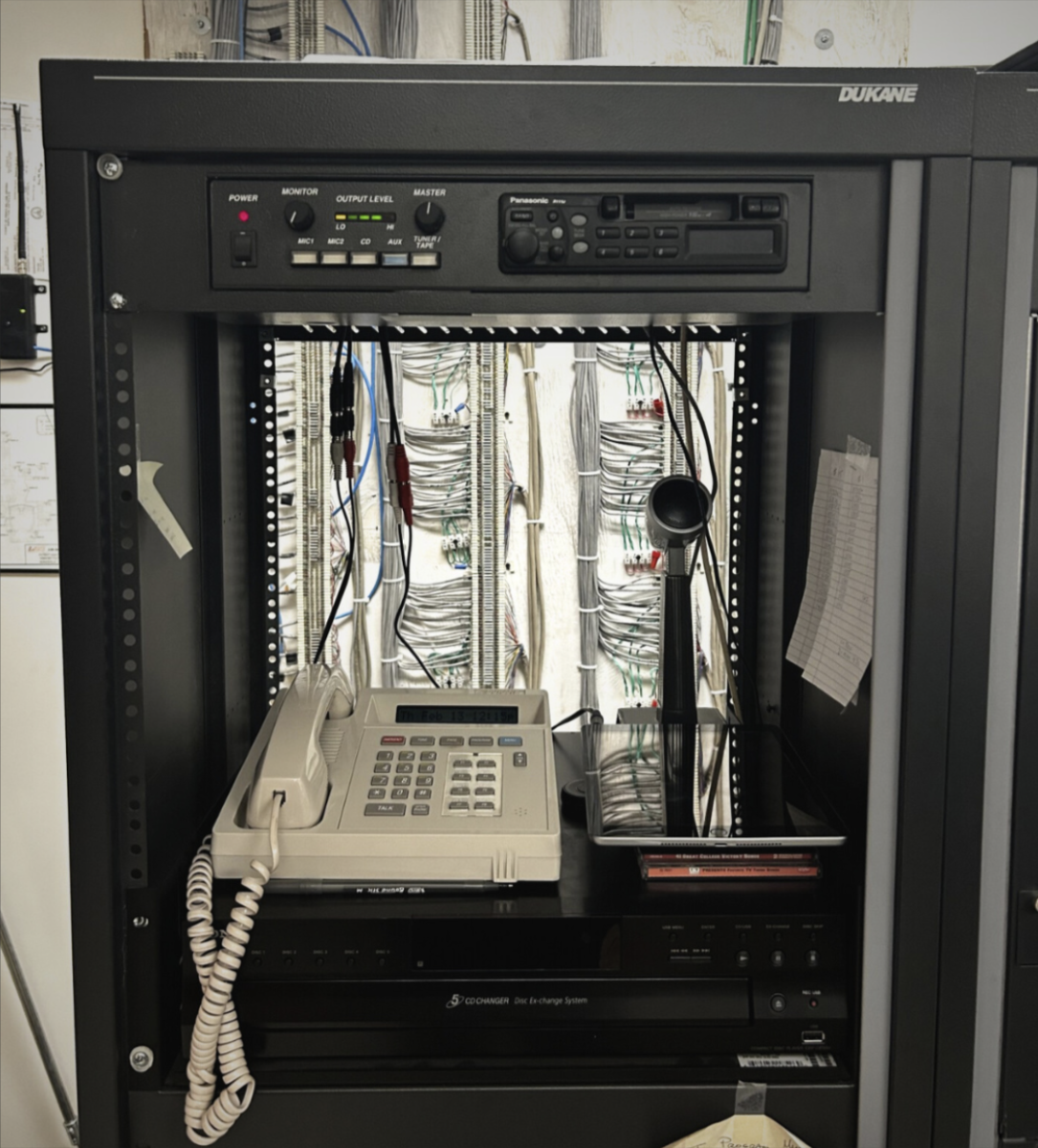Plastics, Packaging, and Phthalates: Endocrine Disruptors in Our Daily Lives
Yes, even medical devices have endocrine disruptors.
Endocrine disruptors are everywhere, consuming our lives even through the most common resources: the water we drink, the materials that are used to package our food, and even the medical devices used in hospitals.
For example, pesticides in agriculture and found in produce may have endocrine disruptors, where they are released through the application of fertilizers which is taken up through the roots of the plant and washed into waterways.
According to the National Institute of Environmental Health Sciences (NIH), Endocrine disruptors are natural, or man-made chemicals that can mimic or interfere with the body’s endocrine system. The human body is dependent on hormones for a healthy endocrine system which controls many biological processes like growth and reproduction.
Advanced Placement Environmental Science (APES) teacher, Mrs. Fisher, explains this process, “A lot of these chemicals are so small that they’re not able to be filtered out, so we end up consuming them in our drinking water.”
However, a way to combat this is to compost as the food matter has not been chemically treated. Composting will provide the nitrogen and phosphorus that the other nutrients need. Also, eating organic fruits and vegetables can help limit exposure to endocrine disruptors because organic farming strategies help to reduce the exposure of synthetic fertilizers and pesticides.
“There are vegetables and fruits that are called the ‘dirty dozen,’ where they are treated highly with pesticides. If you cannot eat organic, then maybe remove the outside layer of like your apples, so that way you are not consuming the pesticide portion,” Fisher says.
Some of the foods on the dirty dozen list include common foods like strawberries, spinach, kale, apples, grapes, and blueberries. These foods are popular and widely consumed, so it is crucial to wash them thoroughly and peel when possible.
Phthalates are a group of chemicals found in plastics, shampoos, fragrances, detergents, and medical devices. Nearly 100% of the US population are exposed to phthalates daily. The chemicals are best known for their effects of interfering with processes regulated by estrogens like reproduction. If disrupted by endocrine disrupting chemicals, reproductive issues like infertility and pregnancy loss can occur.
As a suggestion to alternatives of using plastic, Fisher says, “We have plastic on everything, but I have tried to do my best and switched all my containers over to glass. Another way to help is by using reusable zip lock baggies. The cost ends up balancing out over time because you’re not buying throw away plastic baggies all the time.”
Given that we cannot completely get rid of products that contain Endocrine disruptors as medical devices like IV tubing even contain phthalates. Fisher suggests, “For people to get into the field of material sciences to find new biodegradable materials, and materials that have some kind of plastic base.”
At Patriot High School, we are constantly working to inform students about our local environment and ways to help. Our main resource is the Ecology club (ECO club) where they are actively working with local environmental groups to learn more about our community’s environmental health.
When asked what they do during their club meeting to provide students with greater insight on harmful disruptions to the environment, ECO Club officer Sherlyn Philip (‘25) says, “Every meeting we talk about some type of environmental issue. At the last meeting we did an activity where they sorted through plastic, and they put recyclable plastics in one area and non-recyclables in another.”
Recently, they collaborated with Keep Prince William Beautiful, where their project which consisted of collecting 400 pounds of plastic. The local non-profit is an environmental organization that works to partner with other businesses and groups to educate others on how to help the environmental health of our county.
Taking small steps can lead to meaningful change, where efforts like composting, switching to glass containers, reducing plastic usage, and supporting sustainable farming practices are practical ways to help us lead a more sustainable lifestyle.





